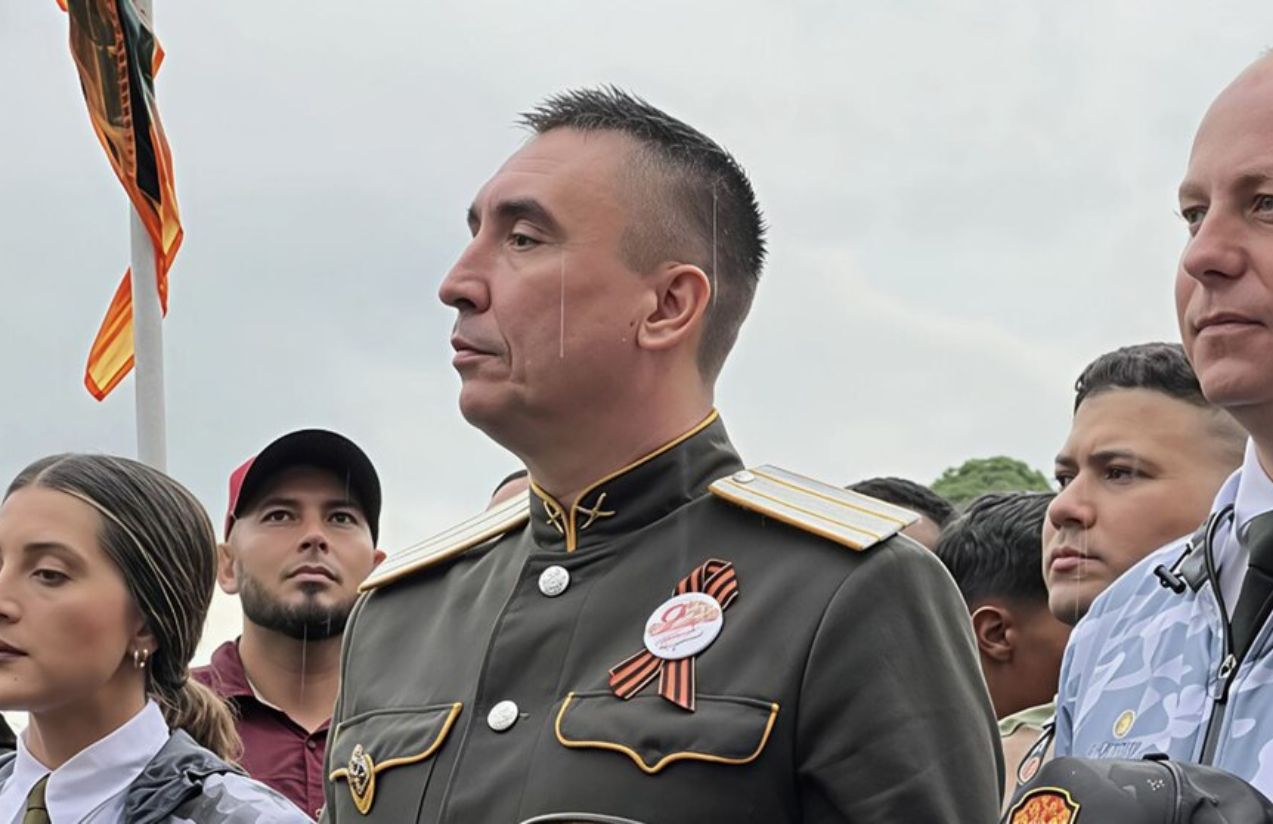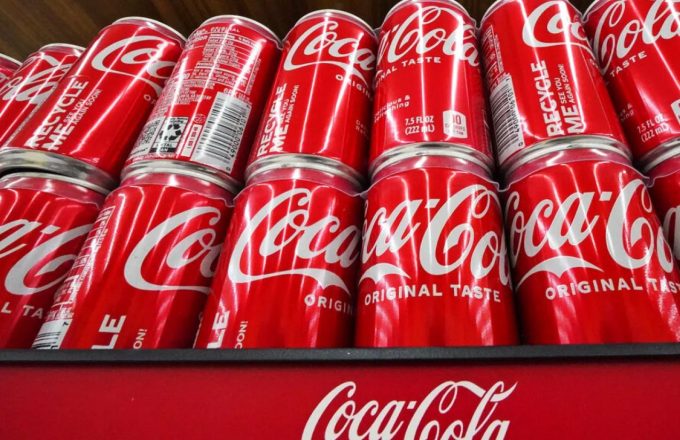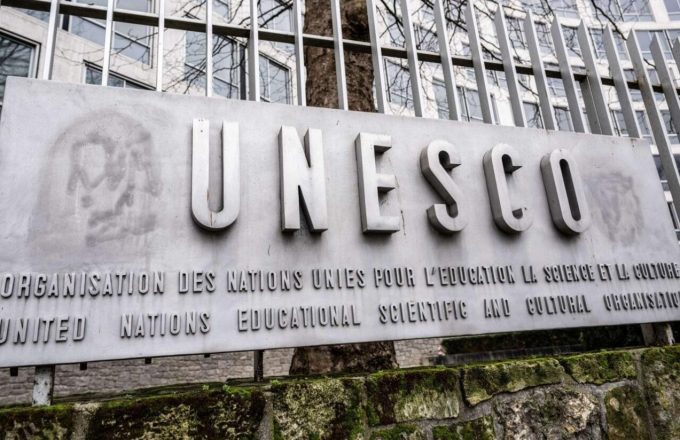Russian Colonel Roman Frolenko, president of the Russian-Venezuelan Chamber of Commerce and a figure closely linked to armed pro-government groups, has been arrested in Caracas by officers of Venezuela’s Military Counterintelligence Directorate (DGCIM), along with his group of Cossacks. The operation, carried out without a warrant, included the raid of his headquarters in the San Bernardino neighborhood and took place just one week after his last public appearance.
On May 8, Frolenko took part in the inauguration of a monument to the Unknown Soldier in the 23 de Enero parish, a stronghold of the armed collective La Piedrita. The event was attended by pro-government lawmakers and regime-affiliated influencers but conspicuously lacked any official representation from the Russian embassy. The ceremony triggered a diplomatic protest from Russia’s ambassador to Venezuela, Sergey Mélik-Bagdasárov, who accused Frolenko of impersonating a diplomatic envoy.
“This is an internal power struggle among Russians vying for influence in Venezuela, and the embassy is involved,” a source told Infobae. According to several testimonies, Frolenko had been operating outside official Russian diplomatic channels, presenting himself as a political representative of the Kremlin in Venezuela and granting interviews claiming close ties to Vladimir Putin.
Over the years, Frolenko built ties with key figures in the Chavista regime and allied armed groups. With the help of contacts like Fabiana Montiel, a high-ranking government aide, he gained access to state-run media and hosted numerous events promoting supposed bilateral initiatives. He appeared at functions with officials such as Governor Rafael Lacava and Interior Minister Néstor Reverol’s daughter, Daniela Cabello. He also signed business agreements with Venezuelan companies to promote exports, fertilizers, and tech projects.
One major red flag, sources say, was his alleged use of falsified Russian diplomatic credentials. “He introduced himself as an ambassador, forged documents, and used that status to connect with military, police, and business sectors,” a source revealed. His growing alignment with armed collectives like La Piedrita eventually alarmed the Russian embassy, which reportedly requested his arrest.
Frolenko’s last public appearance was on May 14, when he announced the addition of a new company to the binational chamber he led. Days earlier, on May 5, he had signed a “strategic alliance” with Venezuela’s Anti-Gang Unit of the National Police, promising to strengthen police training in intelligence and combat operations.
The turnaround came swiftly. On May 15, DGCIM agents arrested him without notice. According to Infobae, Frolenko had long been suspected of defrauding Venezuelan businesspeople by offering fictitious ventures allegedly backed by Russia. While these accusations were known, no action was taken until he became more publicly active and began impersonating a diplomat.
His fate remains unclear. He is currently in DGCIM custody, and it is unknown whether he will be extradited to Russia or prosecuted in Venezuela. Frolenko’s downfall not only exposes internal tensions within the Russian presence in Caracas but also highlights the risks of operating in the gray zone between shadow diplomacy and the murky interests of authoritarian power.




















